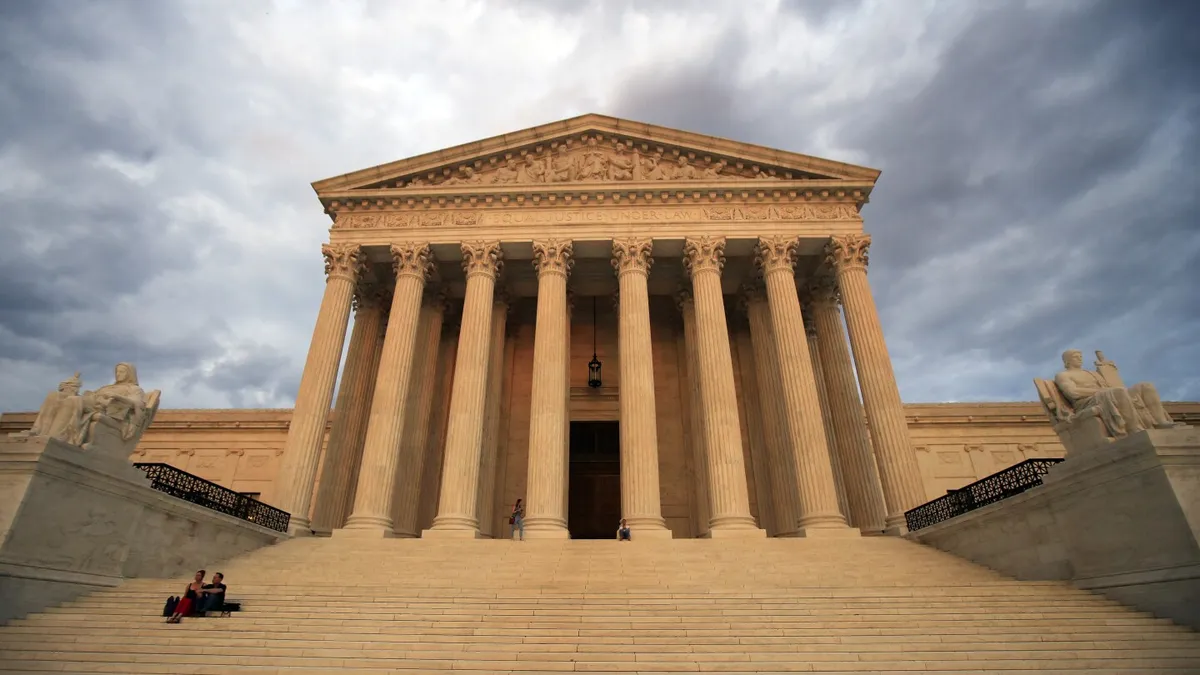
On Wednesday, the Supreme Court will hear arguments in a significant legal case concerning the $8 billion annual expenditure by the federal government to subsidize phone and internet services in schools, libraries, and rural communities. This case represents a key test of federal regulatory power, with the justices set to evaluate a ruling from an appellate court that deemed the Universal Service Fund unconstitutional.
The Universal Service Fund has been a vital financial resource for tens of millions of Americans, funding programs that enhance connectivity in underserved areas. Lawyers representing telecommunications associations argue that eliminating this fund would lead to severe disruptions in service for many users. The Federal Communications Commission (FCC) is responsible for collecting these funds from telecommunications providers, who subsequently relay the costs to their consumers.
A conservative advocacy group known as Consumer Research has challenged the legality of the funding model. Previously, the Supreme Court declined to hear two appeals from Consumer Research after federal appeals courts upheld the Universal Service Fund. However, the conservative-majority 5th U.S. Circuit Court of Appeals delivered a surprising 9-7 ruling, declaring the funding method unconstitutional. The court determined that Congress has granted excessive authority to the FCC, which in turn has delegated too much power to a private entity responsible for administering the fund.
The last time the Supreme Court invoked the non-delegation doctrine to invalidate a federal law was in 1935. Recently, several conservative justices have shown a willingness to revisit this doctrine. The current court has also made headlines by limiting federal agencies in several high-profile rulings over the past few years. Notably, the Supreme Court reversed a long-standing precedent that had been used to uphold various federal regulations and mandated that Congress must act with specificity before agencies can address “major questions,” a ruling that notably impacted the Environmental Protection Agency’s ability to tackle climate change.
The Trump administration, which has actively sought to reduce the power of administrative agencies, is defending the FCC’s funding program. Initially, the appeal was filed by the Biden administration. In a brief submitted to the Supreme Court, acting Solicitor General Sarah Harris argued that neither Congress's delegation of authority to the FCC nor the FCC's reliance on input from the administrator violates the Constitution.
Consumer Research has described the current funding scenario as a “nightmare,” contending that Congress has failed to impose limits on how much the FCC can collect to sustain the program. They highlight alarming increases in the USF tax rate, which has surged from under 4% in 1998 to nearly 37% today. The group’s lawyers propose a straightforward solution: Congress should appropriate funds for the program or at the very least establish a maximum collection rate.
The Universal Service Fund was established as part of the telecommunications overhaul in 1996, aimed at fostering competition and dismantling monopolies within the industry. The fund's subsidies are designed to keep phone and internet services affordable for rural and low-income households. As the Supreme Court deliberates, a decision is anticipated by late June, which could have far-reaching implications for federal telecommunications policy.